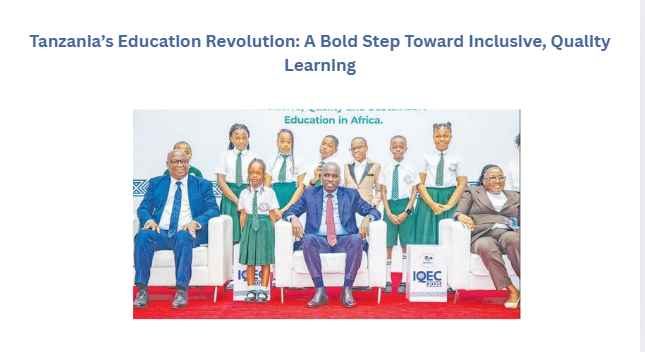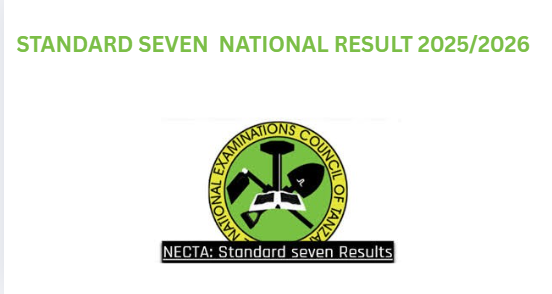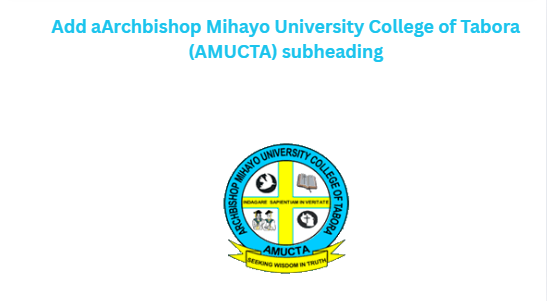Tanzania’s Education Revolution
Dar es Salaam – As Tanzania takes significant strides in reforming its education system, the Tanzania Education Network (TEN/MET) stands out as a key force behind the movement—advocating for an educational model that not only aligns with global standards but is also tailored to meet the country’s unique and evolving needs.
For years, TEN/MET has worked tirelessly—often both behind the scenes and in the spotlight—to promote transformative change in Tanzania’s education sector. In a rapidly advancing world driven by technology and innovation, the network recognizes that the traditional education system must adapt in order to prepare the nation’s children for the challenges and opportunities of the 21st century.
Education, often described as the engine of national development, is accelerating in Tanzania with renewed focus, vision, and collaboration.
Marking a Milestone: The 5th International Quality Education Conference (IQEC)
This month, Tanzania hosts a significant event in the education calendar: the 5th International Quality Education Conference (IQEC), organized by TEN/MET at the Julius Nyerere International Convention Centre in Dar es Salaam.
The conference, themed “Strengthening Systems and Investments: Advancing Domestic Resource Mobilisation for Inclusive, Quality and Sustainable Education in Africa,” underscores a powerful message—African nations must take ownership of their education systems through strategic domestic investment, rather than relying heavily on external donors.
Government Commitment and National Vision
Deputy Prime Minister and Minister for Energy, Dr. Doto Biteko, officiated the launch of the conference, emphasizing the irreplaceable value of education. “You can lose your wealth or property,” he said, “but no one can take away your education.” His remarks echoed a broader sentiment: in an age of rapid technological change, a strong and adaptive education system is essential to national resilience and progress.
Dr. Biteko also stressed that the task of improving education cannot rest solely on the shoulders of the Ministry of Education. A multi-sectoral approach is required—one where different ministries, institutions, and stakeholders work collaboratively. Just as a house cannot be built with only a roofing team, education reform requires a solid foundation supported by all sectors of society.
From Dialogue to Action: Turning Ideas into Impact
IQEC is more than just a gathering of policymakers and academics. It is a platform for critical dialogue, innovation, and strategic planning. One of the conference’s core messages is the importance of financing education from within, ensuring sustainable development and greater national control over educational priorities.
Simon Nanyaro, Chairperson of TEN/MET, noted that the timing of this conference could not be more appropriate. With education systems across Africa under strain, it is imperative to move toward locally driven investment strategies. These, he argued, not only reduce dependency on foreign aid but also promote accountability, equity, and resilience.
Nanyaro also commended the Tanzanian government’s visible efforts—through curriculum reforms, teacher recruitment, and the construction of new infrastructure—as clear evidence of commitment to improving the learning environment.
Walking the Talk: From Policy to Practical Change
Martha Makala, TEN/MET’s National Coordinator, reinforced the importance of turning conference discussions into concrete actions. She stressed that while conferences provide an excellent forum for knowledge exchange, their true value lies in the ability to translate dialogue into real, lasting improvements in the education sector across Tanzania and the continent.
She also expressed gratitude to the Ministry of Education, along with key funding partners such as the Mastercard Foundation and the Global Partnership for Education, for their continued support in making this event a reality.
Panel Highlights: Addressing Critical Issues in Education
IQEC’s panel discussions brought to the forefront some of the most pressing issues affecting learners today:
1. Menstruation as a Barrier to Girls’ Education
A session titled “Education, Health and Gender: Menstruation as a Barrier for Girls’ Education – A Case from Tanzania” highlighted how menstrual health challenges significantly hinder school attendance and performance among girls. Moderated by Consolata Chikoti from the Msichana Initiative, the session called for integrated solutions that bridge education, health, and gender policies.
2. Human Intelligence vs. Artificial Intelligence in Education
With digital tools rapidly entering classrooms, another provocative session—“Human Intelligence versus Artificial Intelligence: Who is in Control of Learning?”—explored the evolving role of technology in education. The panel debated whether AI should be seen as a supportive tool or a potential threat to human creativity and traditional teaching methods.
3. The Reality of Inclusive Education in Tanzania
This session examined whether inclusive education has truly been achieved in Tanzania, or whether it remains more of an aspirational goal. Panelists discussed current achievements, existing gaps, and actionable strategies for ensuring every child, regardless of ability or background, has equal access to quality education.
4. Social Inequality in Early Childhood Education
Presented by Associate Professor Thor Erik Sortland, this segment focused on how inequality begins early in life and stressed the need for early interventions to break cycles of disadvantage before they become entrenched.
A Collective Mission for Educational Change
TEN/MET is more than just an organizing body—it is a national coalition of 245 civil society organizations all working towards a shared goal: quality and inclusive education for all children in Tanzania. The network serves as a bridge between government, civil society, private sector, and grassroots communities, ensuring that diverse voices contribute to shaping the future of education.
Globally, education systems continue to face challenges—underfunding, inadequate infrastructure, teacher shortages, and digital divides. In this context, Tanzania’s renewed focus on education places it at the forefront of continental efforts to not just keep pace, but set the pace.
The Road Ahead: Locally Owned, Globally Aligned
Tanzania’s education journey is far from over, but the direction is clear. By taking ownership of education financing, implementing inclusive policies, and embracing innovation, the country is firmly in the driver’s seat—charting a course toward a future where every child has access to quality, equitable, and relevant education.
As the saying goes, education is the one thing no one can ever take away from you. With that in mind, Tanzania is not merely investing in schools—it is investing in the future of its people, and in the promise of a brighter, better tomorrow.
Also ready


